AUTHORITY AND VOLCANOES (MEXICO)

Volcanoes are sites in which tensions arise over what to do in case of disasters — the notion of what is a disaster can be conceived in so many different ways, but that is the topic for another post. Volcanoes, are also sites in which the cosmologies of those potentially affected by volcanic eruptions, and those in charge of protecting them clash. So, the first question for us during fieldwork was to understand existing formal or informal protocols to deal with disaster, which necessarily meant that we had to understand who has the authority to organise, or even enforce those protocols if necessary.
The first question when looking into a comparative case analysis, or cross-cultural analytical frame regarding interventions in volcanic eruptions, is who is in charge of protecting the inhabitants of towns and cities in places as dissimilar as Indonesia, Mexico and Japan?
While in the three countries some people will immediately give you a list of the governmental authorities involved in disaster risk management, some others would challenge that same authority on the grounds of both legitimacy and knowledge. For example in a group meeting in Mexico, one elderly woman spoke out loud during a meeting with our partners, who happen to be volcanologists: ‘…why should we hear your advice, if we have the Tiempero, and he really knows about Don Goyo (The local name given to the Popocatepetl volcano)…’Volcanoes are sites in which tensions arise over what to do in case of disasters — the notion of what is a disaster can be conceived in so many different ways, but that is the topic for another post. Volcanoes, are also sites in which the cosmologies of those potentially affected by volcanic eruptions, and those in charge of protecting them clash. So, the first question for us during fieldwork was to understand existing formal or informal protocols to deal with disaster, which necessarily meant that we had to understand who has the authority to organise, or even enforce those protocols if necessary.
The first question when looking into a comparative case analysis, or cross-cultural analytical frame regarding interventions in volcanic eruptions, is who is in charge of protecting the inhabitants of towns and cities in places as dissimilar as Indonesia, Mexico and Japan?
While in the three countries some people will immediately give you a list of the governmental authorities involved in disaster risk management, some others would challenge that same authority on the grounds of both legitimacy and knowledge. For example in a group meeting in Mexico, one elderly woman spoke out loud during a meeting with our partners, who happen to be volcanologists: ‘…why should we hear your advice, if we have the Tiempero, and he really knows about Don Goyo (The local name given to the Popocatepetl volcano)…’
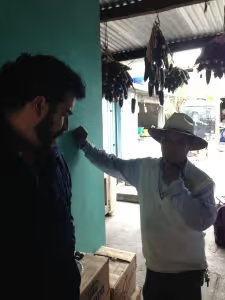
In the Mexican town of Santiago Xalizintla near Popocatepetl, the ritual expert, known as the Tiempero, has communicated with the spirit of the volcano and god, himself, through dreams for thousands of years. The many generations of Tiemperos, including the current one, have been pivotal in offering advice on possible dangers and actions to be taken in case of disasters. The advice offered by many elders, who sustain ‘…that you only get ill, if you are afraid…’ is a source of tension between older and younger inhabitants in many populations in the vicinity of Popocatepetl, especially the younger members of these towns are working hard to reconcile their beliefs and ancestral ways of knowledge, with scientific beliefs of risk and other forms of authoritative (mostly scientific) knowledge. It is in this highly personal and intimate conflict for Mexicans coming from towns such as Santiago Xalitzintla or San Nicolas, that the phrase of an old professor at Puebla City, gained relevance. Since the towns where we conducted interviews, perceive there is an ever shrinking community that speaks Nahuatl or treats with respect the ‘old ways’ of their forefathers:
‘I, and those like me that have been educated, we cannot go back to the old ways and traditions, of indigenous origins and tales, to the Tiempero and the healing with herbs. On the other hand, if we really are men of reason, we should cherish and protect our indigenous language and knowledge, instead of being ashamed of it… Am I right? …’
The tensions between authorities and ways of knowing are most stark when we spoke with the elderly persons, many of whom distrust various other forms of knowledge, because they think scientists and governmental authorities don’t respect their spiritual connection with Popocatepetl. During out last day in Santiago Xalitzintla, we spoke with the Tiempero who, as many elderly people in the community, told us:
‘…whenever we go to the navel of the volcano, I tell the people that come with me that they should not worry, that they should not cover… that the ashes are not going to make them ill unless, of course, they are afraid…’
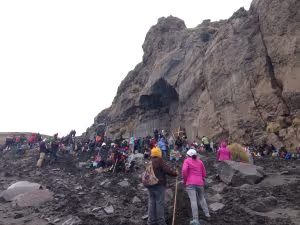
Despite the interesting relationship between health advice, local knowledge and distrust in dominant discourses on health and respiratory protection, we have to consider that, after various interviews with farmers, local experts and all sorts and government officials, it became clear that distrust in authorities is not only a question of differing cosmologies/ontologies between elders, scientific authorities and younger member of the town, but distrust is, in itself, highly influenced by the wider socio-political context in the country, which has been marked by acts of violence, and the current sense of pervading insecurity and distrust since the so called ‘ War on Drugs’ began in 2006.
Stay updated
Sign up for our newsletter to receive regular updates on resources, news, and insights like this. Don’t miss out on important information that can help you stay informed and engaged.
Related articles
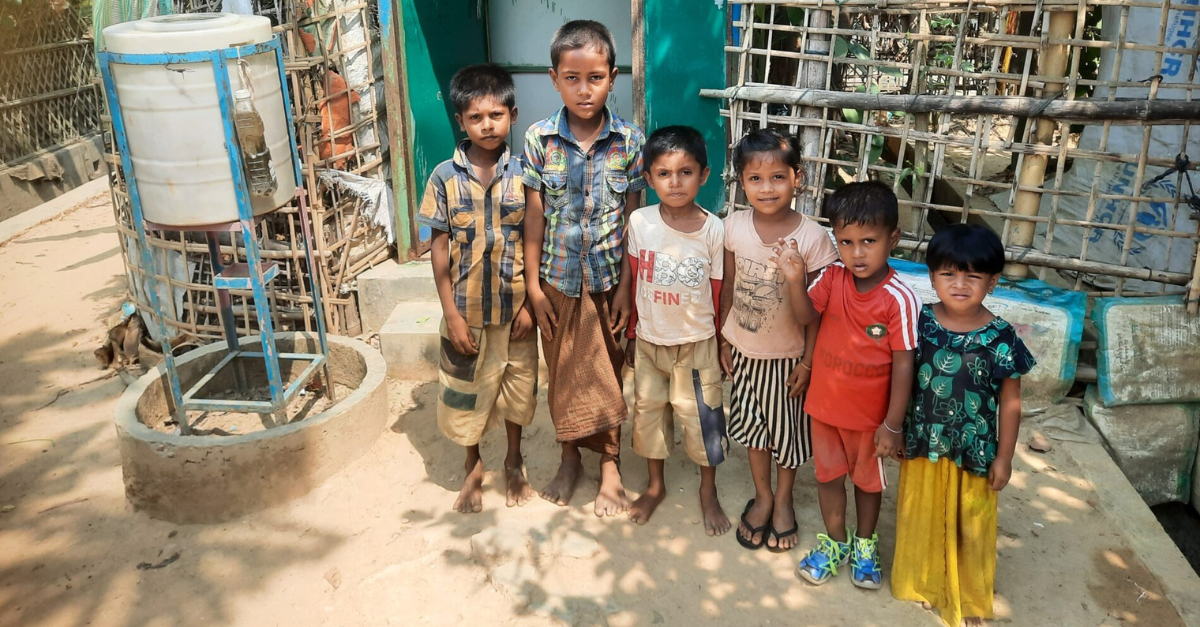
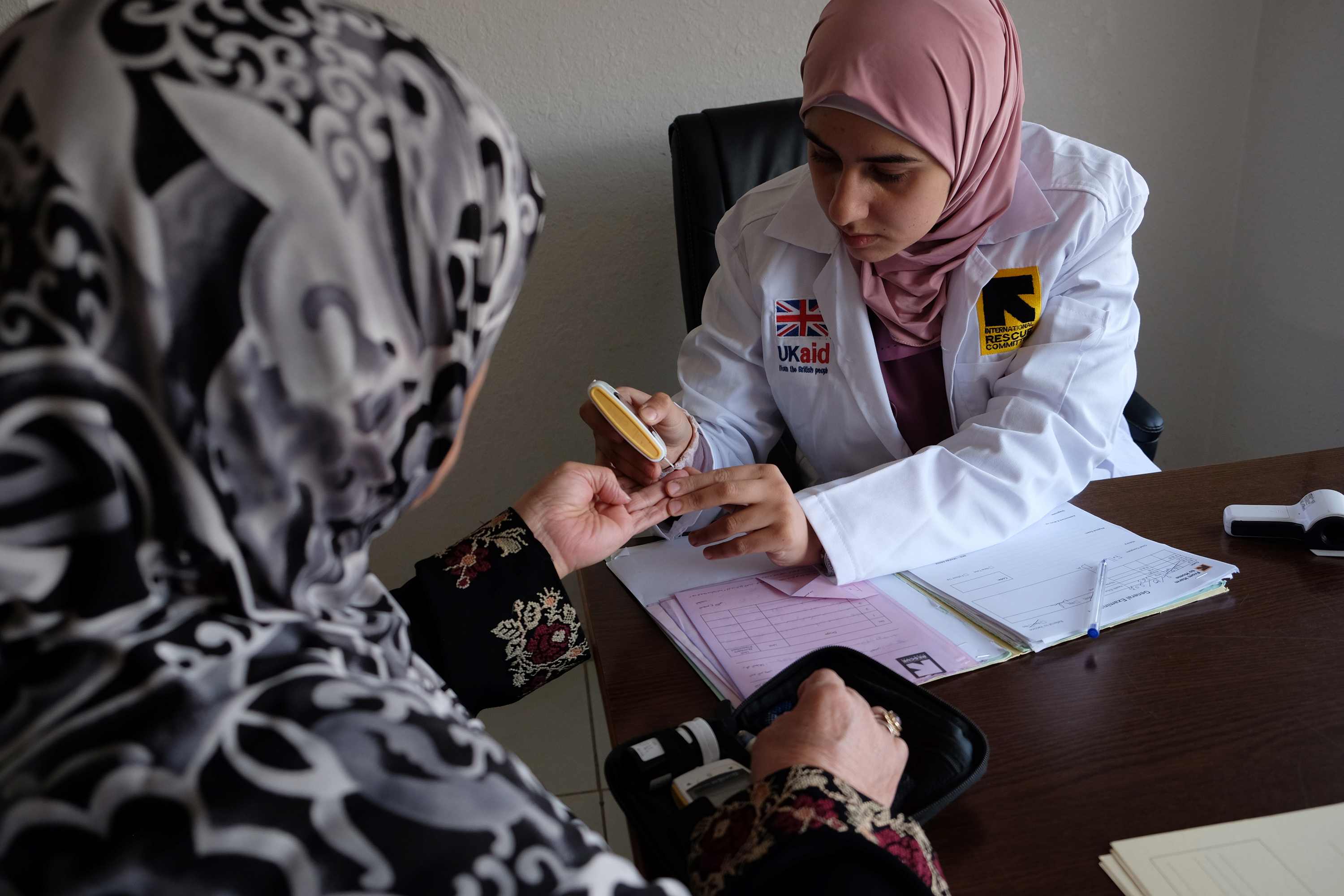
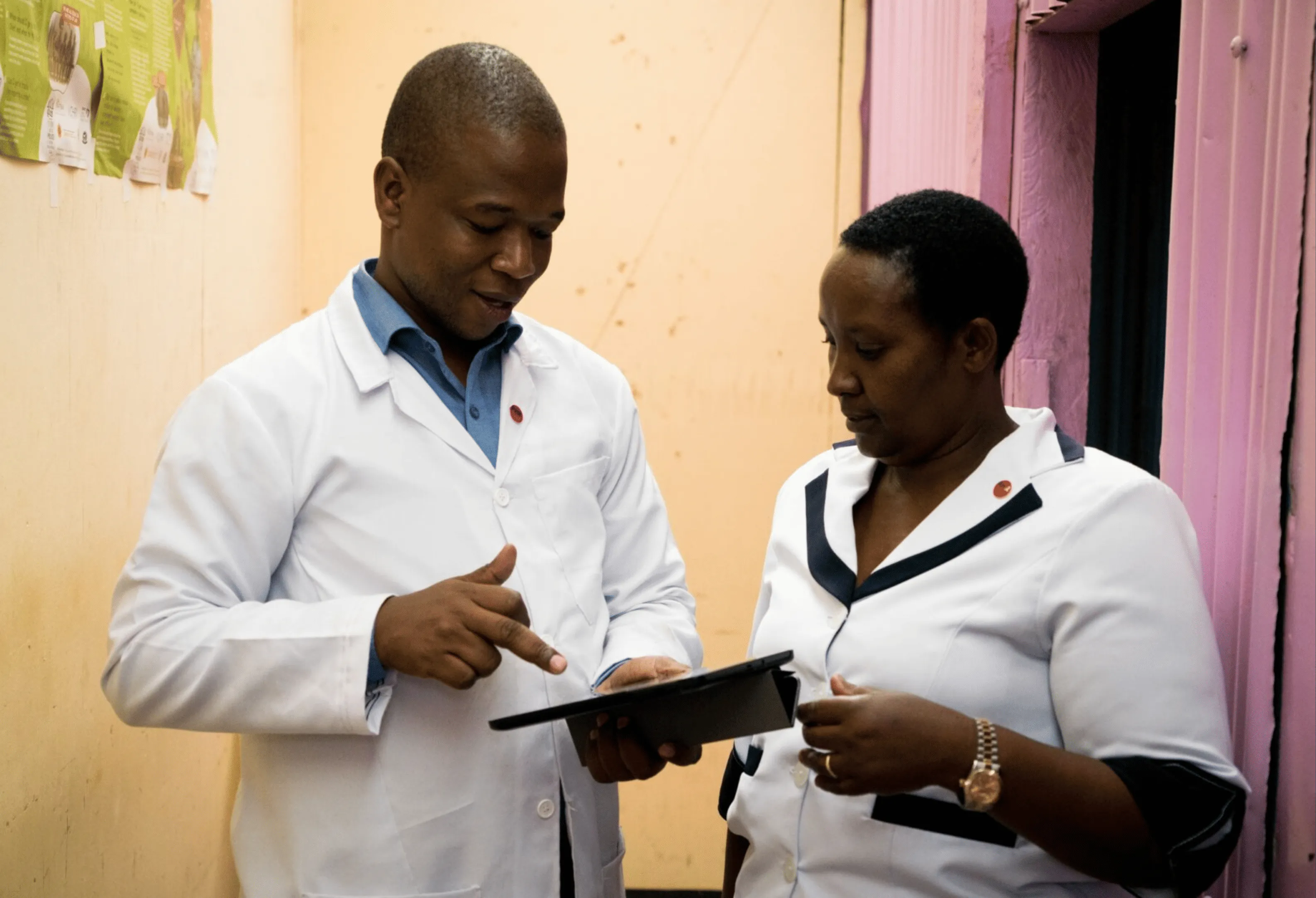
Explore Elrha
Learn more about our mission, the organisations we support, and the resources we provide to drive research and innovation in humanitarian response.